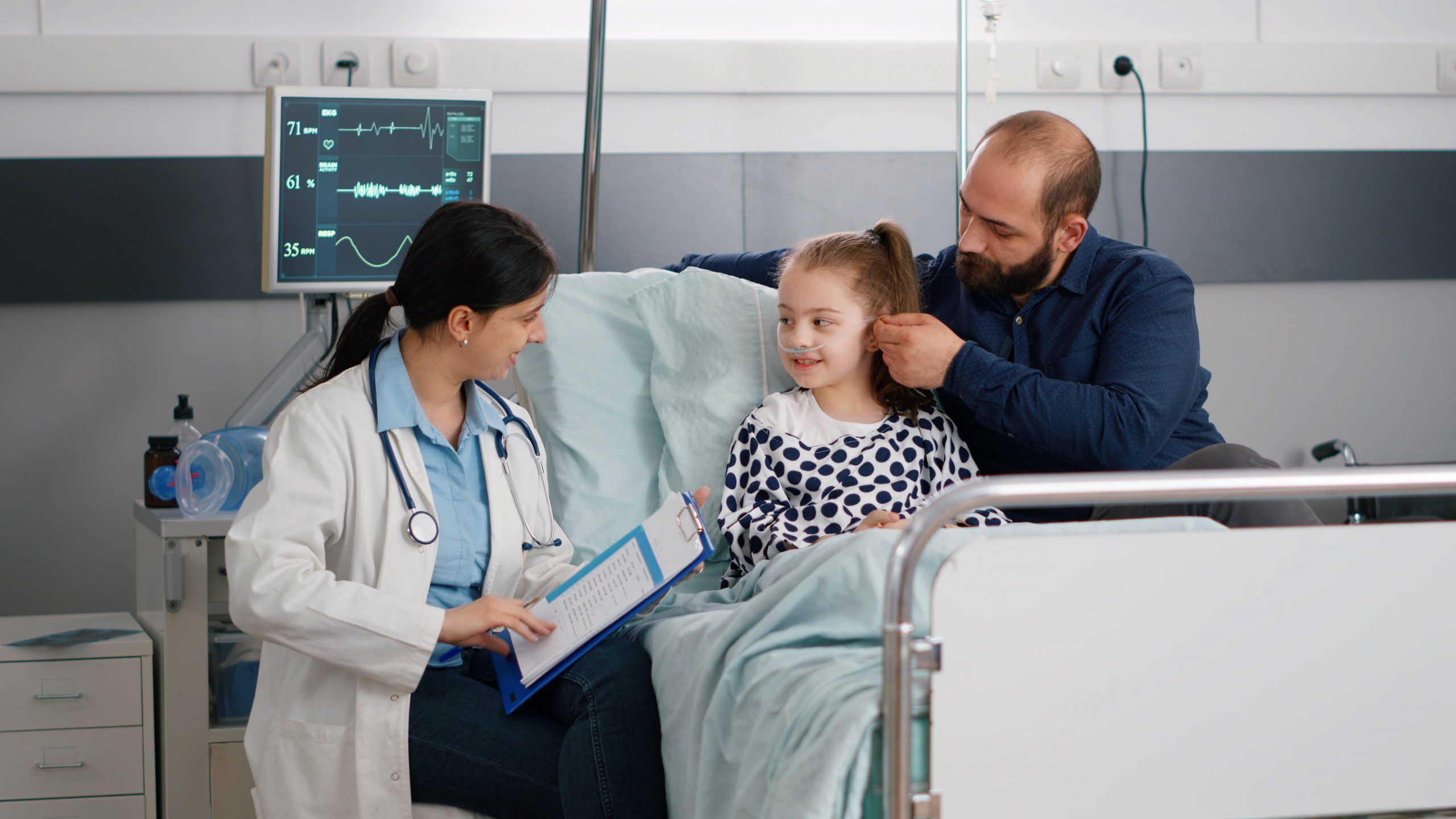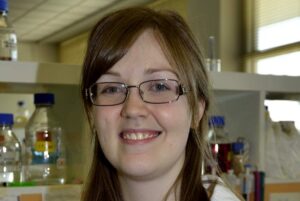
Dr Rebecca Dagg Updates ARH on Her Cancer Research for International Childhood Cancer Day
International Childhood Cancer Day is a global collaborative campaign aimed to raise awareness about childhood cancer and to mark a day of support for all millions whose lives are impacted by cancer.
There are an estimated 750 children aged 0-14 being diagnosed with cancer each year in Australia. Raising awareness on childhood cancer can encourage research and early intervention to better help future cancer diagnosis and therapies.
Australian Rotary Health (ARH) funded childhood cancer research in 2013-16, through their Harry Banks Sutherland Rotary PhD Scholarship.
 The research conducted by Dr Rebecca Dagg at the University of Sydney, focused on Neuroblastoma, a common childhood cancer that accounts for 15% of cancer related deaths in children. In spirit of International Childhood Cancer Day, Australian Rotary Health caught up with Dr Dagg to spotlight her research and what impacts it’s had in her personal career.
The research conducted by Dr Rebecca Dagg at the University of Sydney, focused on Neuroblastoma, a common childhood cancer that accounts for 15% of cancer related deaths in children. In spirit of International Childhood Cancer Day, Australian Rotary Health caught up with Dr Dagg to spotlight her research and what impacts it’s had in her personal career.
Can you give a brief summary of your findings from your PhD and the implications of this research for the area of childhood cancer?
“The focus of the project was to look at how neuroblastoma cancer cells have unlimited growth. Normal cells are unable to grow indefinitely because they receive signals that tell the cell to stop dividing. Cancer cells are able to overcome this by turning on one of two mechanisms that lengthen telomeres (the structure that signals cells to stop dividing).
“However, during my PhD my lab discovered neuroblastoma cells that continue to divide for years in the absence of a lengthening mechanism and that this corresponded to a subgroup of high-risk neuroblastoma tumours. This work furthered our understanding of the basic biology of cancer and how cells can divide enough times to form a tumour. This also has implications for cancer therapies that target telomere lengthening mechanisms, which are currently being developed.”
What kind of work are you doing now at Oxford University?
“My current work focuses on the genes BRCA1/2. People who are born with mutations to BRCA1 or BRCA2 genes are more likely to get cancers including breast and ovarian cancer. We are examining how the loss of functional BRCA1/2 effects normal DNA replication and repair and how this leads to the DNA damage and genomic instability seen in BRCA1/2-mutated cancers. This knowledge can then be exploited to develop novel therapies to target BRCA-deficient cancers.”
How has the Australian Rotary Health/Harry Banks Sutherland Rotary PhD Scholarship personally helped you in your research career?
“Australian Rotary Health/Harry Banks Sutherland Rotary PhD Scholarship gave me the opportunity to develop not only my laboratory skills but also a greater understanding of how cancer effects everyone and why this is a critical field of research.
“I am passionate about understanding how genetic alterations that people are born with can lead to cancer. So that, ultimately, we can develop better therapies for these tumours. Childhood cancers are rare cancers that arise from genetic events that are poorly understood. By studying neuroblastoma in my PhD I learnt about the difficulties in studying rare cancers but also how vital this research is to the families affected by these diseases. It has given me even more motivation to study such cancers and led me to pursue research opportunities overseas so that I can continue to increase my research skills and knowledge.
“In the future I hope to bring this knowledge back to Australia and continue to improve our understanding of how normal cells become cancerous and how we can target these processes for novel therapies.”
Why are public awareness days like International Childhood Cancer Day so important?
“Most people know someone who has been affected by cancer but most cancers are still very poorly understood. The only way to improve the outcome for patients is to better understand cancer biology and this can only be achieved through research.
“Public awareness days like International Childhood Cancer Day are an important way to raise awareness of rare cancer types, such as childhood cancers. It is also an opportunity to engage with people and talk about the improvements to cancer therapies that research has provided; to show that funding cancer research is still critical, as further studies are needed to develop novel therapeutic strategies.”
Media contact: Monika Pindoria – [email protected]